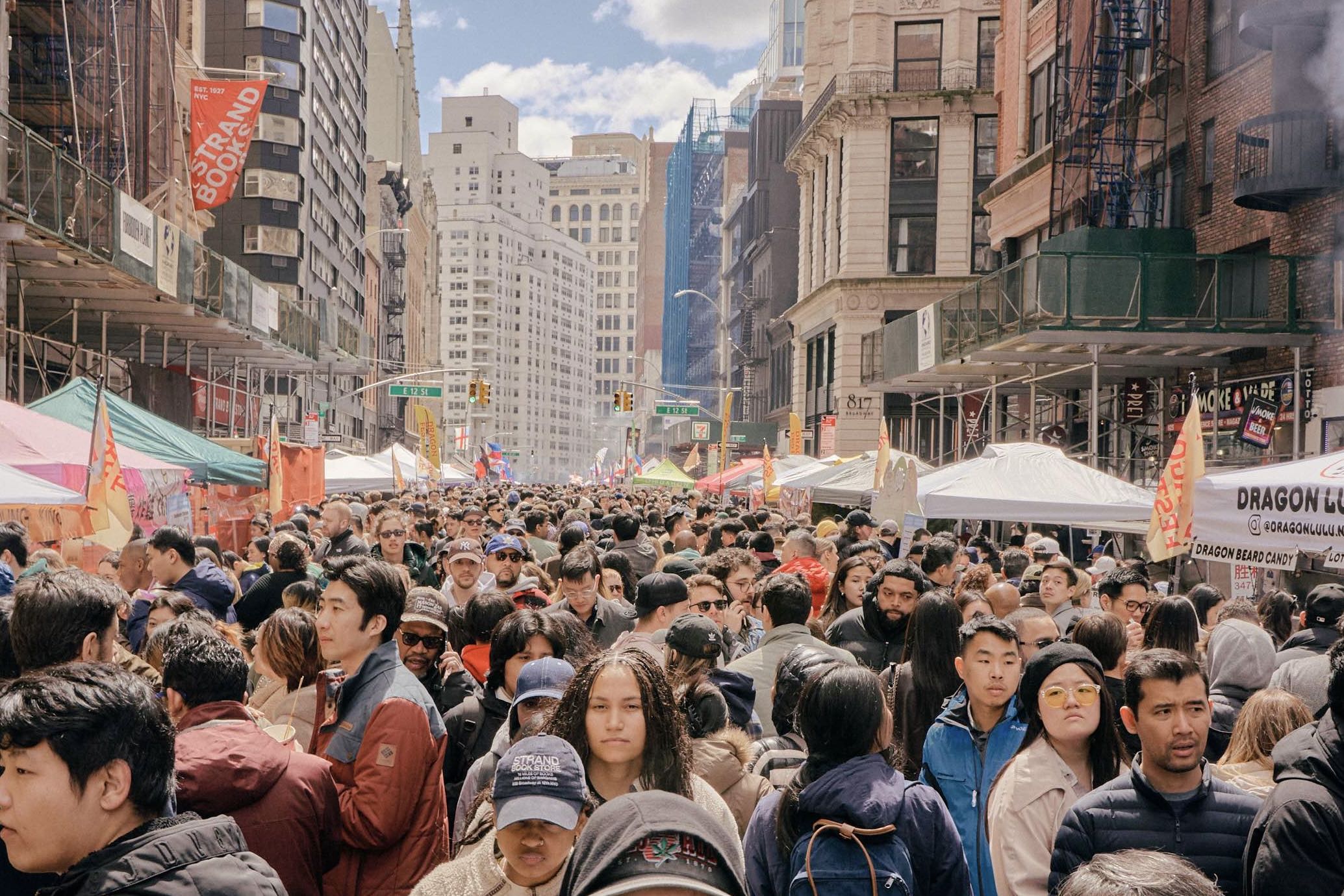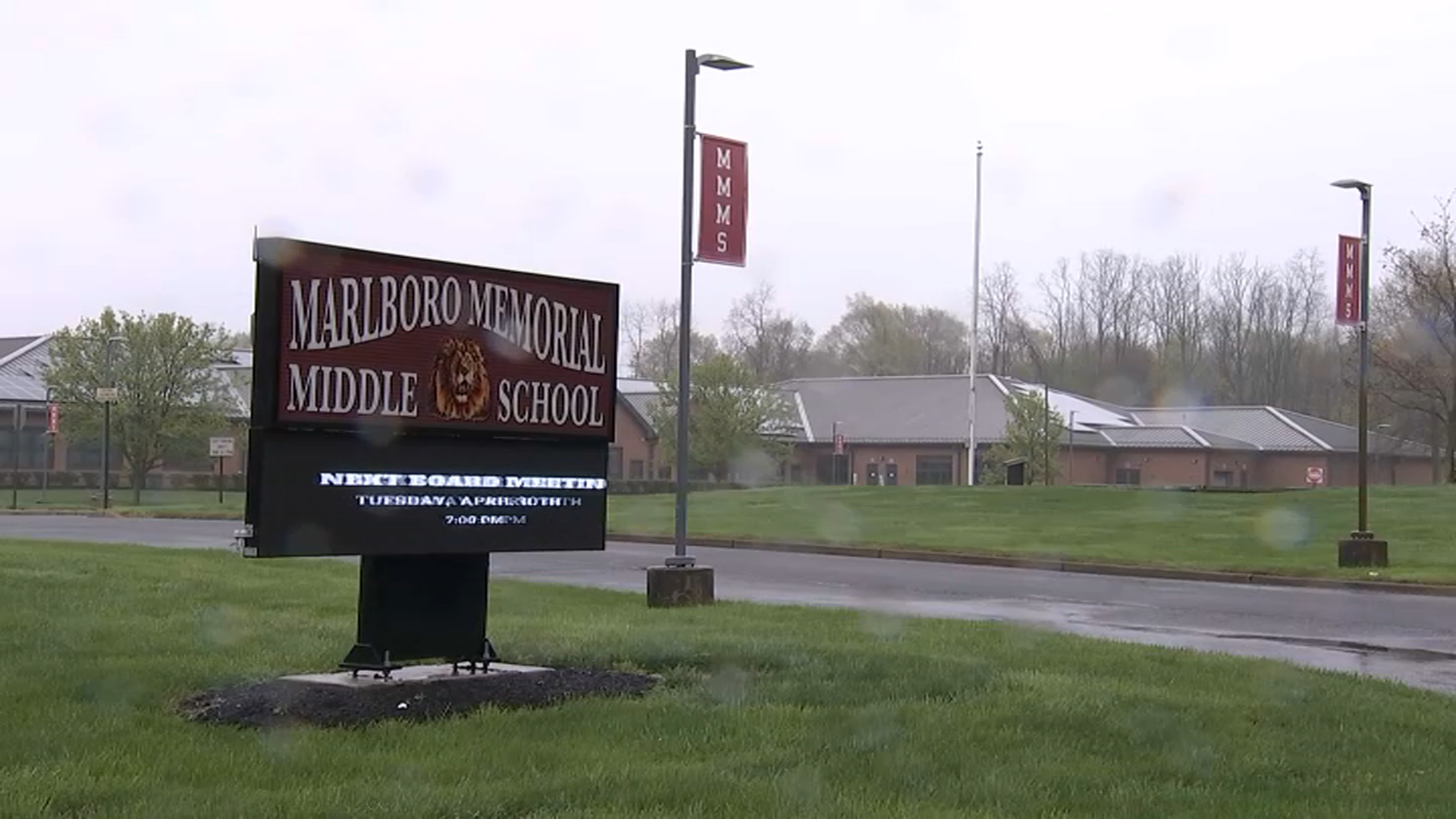Timing is everything, in politics as in life.
Percy Sutton could have been New York’s first black Mayor. But he was defeated because, in the year he ran, 1977, feelings of racism were still strong within this city’s electorate. That’s the way I saw it---and I covered that campaign intensively.
Sutton was part of the “gang of four,” four young, ambitious African-Americans who became involved in Harlem politics six decades ago. This group consisted of men who, separately, would rise to great heights in the course of the years---Charles Rangel, who defeated Adam Clayton Powell, ascending to one of the highest positions in the House of Representatives; Basil Paterson, a prominent lawyer {father of the current governor, David Paterson]; David Dinkins, the first African-American to be elected Mayor of New York.
The gang of four were deeply involved in Harlem politics in their younger days. Percy Sutton. Who served in the Tuskegee Airmen unit of the Army Air Forces in World War II, came home to rise on the political ladder, winning a seat in the State Assembly and later becoming Manhattan Borough President. After his defeat in the 1977 mayoral election, Sutton gave up his personal involvement in politics, denouncing the press bitterly for what he called “racism, pure and simple.”
He then embarked on a business career in which he was part of a group that purchased WLIB, the first black-owned radio station in New York. He created Inner City Broadcasting, which owned 18 radio stations around the country. This group later purchased the Apollo Theater in Harlem, which Sutton helped restore to its former greatness.
The Sutton I knew was courtly, dapper, a man whose voice was soft, with a texture like honey. I remember how different he seemed from the typical New York politicians who spoke, often, in angry and strident tones.
One highlight of his life was his friendship with Malcolm X, whom he represented as a lawyer. I remember, years after he left politics, seeing Malcolm X and Sutton in the anteroom of the State Assembly. I was perplexed, since Malcolm had long been an antagonist of the establishment and this place represented what he had long preached against.
Local
What are you doing, I asked Sutton, trying to convert this guy? “No,” said Malcolm, “I’m just learning how the other half lives.” Later, I learned that this was just after Malcolm had returned from a life-changing trip to Mecca and he was indeed trying to learn new ways. Perhaps Sutton wanted to groom him to run for elective office.
When Malcolm died, it was Sutton who managed to find a church and a cemetery for his funeral. Several cemeteries had refused his body but Sutton arranged for his burial in Westchester County.
I spoke to former Mayor Dinkins today. He said of Sutton: “He was a visionary. He imagined himself able to achieve anything. We say that everybody stands on somebody else’s shoulders. For me it was Percy Ellis Sutton. He had class and distinction. He encouraged me and Charlie Rangel to pursue our political careers. He taught us you can’t dance every step. You have to pick your shots."
Congressman Charles Rangel told me today that "few realize how many people he helped in the course of his life. He didn't want credit, he just wanted to help others."
When Malcolm’s grandson was accused of setting his grandmother’s apartment on fire, Sutton went out to Minneapolis to help the troubled boy. I saw how calm he was in the face of this latest calamity to befall Malcolm X’s family.
Percy Sutton remained faithful to this family long after Malcolm’s death. That’s the kind of person he was.
The Times, in its obituary, quoted something Percy Sutton’s father taught his son: “Suffer the hurts, but don’t show the anger, because, if you do, it will block you from being effectively able to do anything to remove the hurts.”
Percy Sutton was a man who did much to remove the hurts of others.



